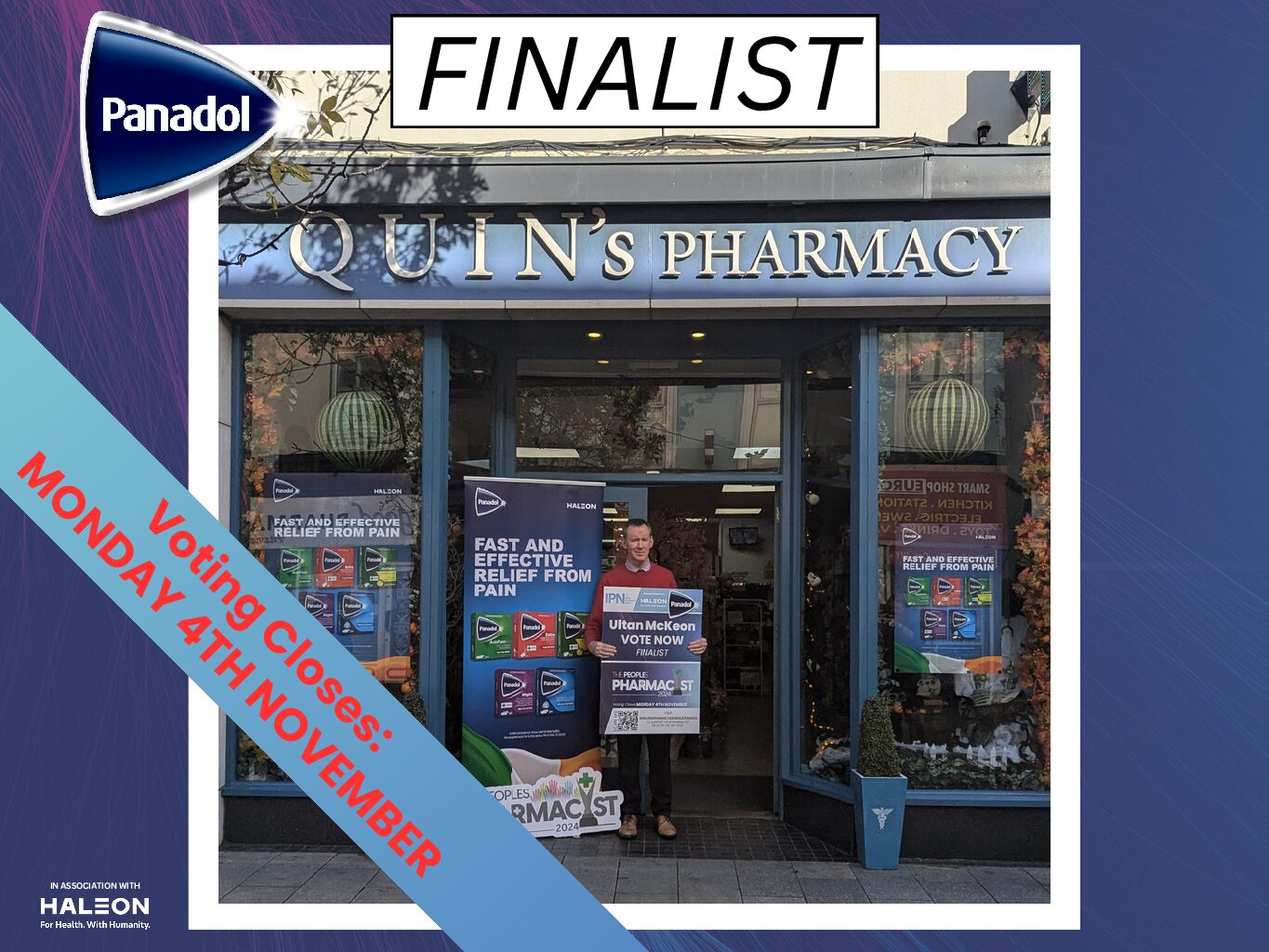With record attendance in Ireland’s acute Emergency Departments, new research shows that over a third of visits could have been avoided[i]
Almost 3 in 10 (29%)1 put off medical care in fear of long delays in hospitals, research on behalf of laya healthcare1
(2 February 2023): New research carried out in recent weeks amid the emergency department (ED) surge in acute hospitals reveals that Irish people attended their local hospital ED at least once in the past year, with average wait times of seven hours, for minor injuries and illnesses that could have been quickly and appropriately treated by their GP, pharmacist or local urgent care clinic. The survey was carried on behalf of laya healthcare.
One in three (34%)1 presented to A&E on average twice in the last twelve months for non-life-threatening minor injuries and illnesses despite alternative urgent care options being open during the time that they needed to be seen. Over 6 in 10 (61%)1 of those who presented to ED with injuries and illnesses they describe as ‘minor and non-life threatening’ attended during day-time hours 10am-10pm, Monday – Friday, at which time options such as the Laya Health and Wellbeing Clinics are open in Dublin, Galway and Limerick.
| In the past 12 months, what was the reason for you attending the emergency department in your local hospital? | % of people who visited |
| Back pain | 24% |
| Stomach pain | 18% |
| Minor wound needing cleaning and/or stitches | 15% |
| Suspected broken bone | 13% |
| Cuts and grazes | 13% |
John McCall, Director of Claims and Provider Relations at laya healthcare says: “Our research has identified a clear gap in awareness and understanding around the huge breadth of alternatives to busy ED available in the local community. Alternatives for minor injuries and illnesses include GPs, pharmacies, public injury clinics and our own network of Laya Healthcare Health and Wellbeing Clinics where our members and non-members aged 12 months and over can be seen within 60 minutes for a range of minor injuries and illnesses including back pain, sports injuries, minor burns, nausea, diarrhoea, flu, and fever and much more. Use of these alternatives is essential if we are to reduce the burden on acute hospitals.”
McCall added, “Over 60,000 patients have been treated in Laya Health & Wellbeing Clinics since we first opened our doors in 2019, with 1 in 4 families with children accessing the service which underlines the significant ease of access and convenience the clinics offer.”
Lack of awareness of urgent care options in the community
A significant four in ten people (44%)1 are unaware of any other urgent care options for minor injuries and illnesses apart from busy EDs with this climbing to half of younger people aged 25-34 years. Only one in four (24%)1 would consider their local public injury clinic if they had a minor injury.
A perceived sense that they would be seen quicker in their local ED (43%)1 and proximity to home or work (23%)1 were the top reasons why those with minor injuries chose to go to their local hospital ED rather than avail of viable alternatives where they could be seen more quickly and appropriately.
Laya Health & Wellbeing Clinics offer an array of diagnostics to both laya healthcare members and non-members providing a viable alternative to waiting in the public system.
Delaying medical care
According to laya healthcare’s research, 3 in 10 (29%)1 admit that they have avoided seeking medical treatment due to fear of long delays in their local hospital, with half of those surveyed saying they feel “frightened” by the wait times for urgent care in Ireland.
Dr Lauren Brand, an Urgent Care Physician who works in the Laya Health and Wellbeing Clinic in Dublin: “Education is key to reducing the burden on acute hospitals for minor injuries and illnesses that should be treated appropriately elsewhere. When people get sick or sustain an injury, they’re vulnerable and scared. We want to help educate people on where to go for different injuries and illnesses and what the best path to care is – whether that’s self-care at home, or when to go to the local pharmacy, GP or urgent care. All these paths should be considered before heading to the ED. Of course, if the injury or illness is suspected to be serious, that’s when you should consider calling an ambulance or going to the local hospital.”
An easy service guide for urgent care
To help educate people on what urgent care option is right for different injuries and illnesses, laya healthcare has created a handy guide. This is available on the website layahealthcare.ie/clinics
[i] Research was carried out by Empathy Research on behalf of laya healthcare online across a nationally representative sample of n=1,000 adults aged 18+. Fieldwork was conducted from 6th – 16th January 2023.









